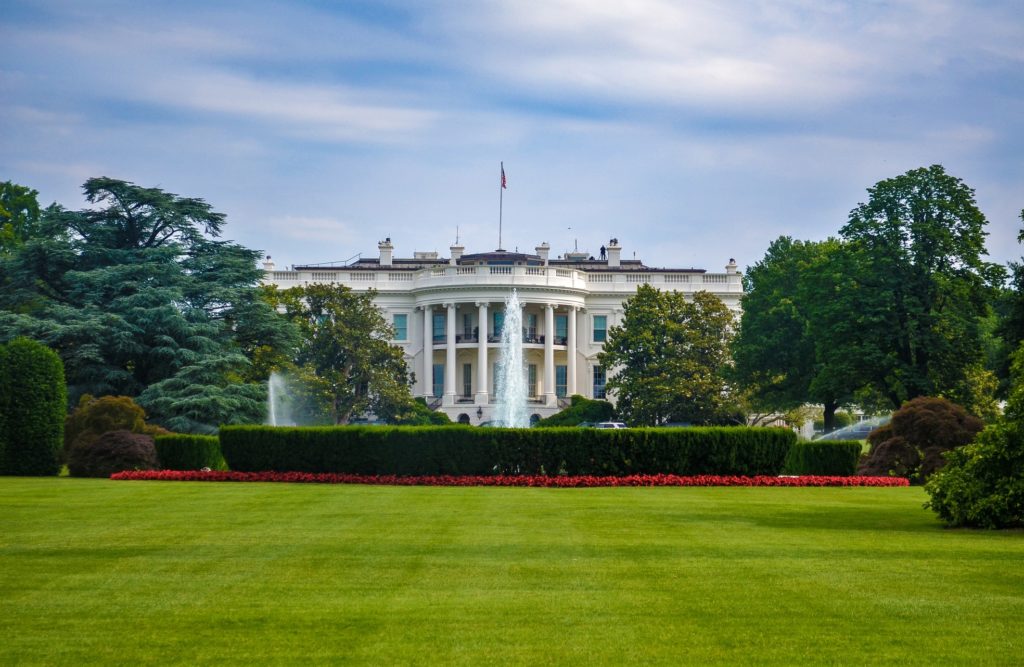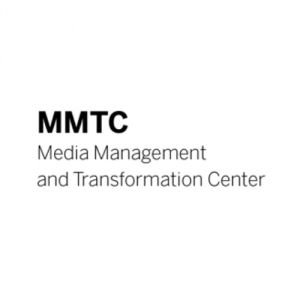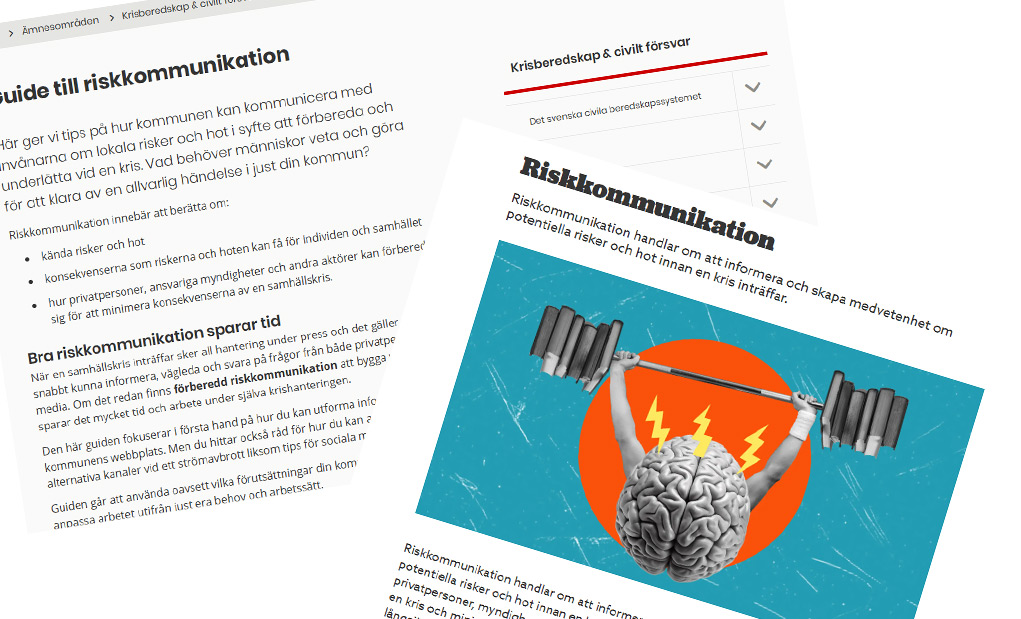Media Management and Transformation Centre (MMTC) at JIBS
Media influence on vote choices
It has long been known that many elections are decided by current macroeconomic conditions. For example, it is difficult for a prime minister, governor, or mayor to be re-elected when prices are increasing, wages staggering, or people losing their jobs. In contrast, incumbent politicians usually benefit at the ballot box when the economy is doing well. In 1992, Bill Clinton’s campaign adviser James Carville used the phrase “It’s the economy, stupid” to express this insight.

In a recent study published in the American Journal of Political Science, we uncover a hidden form of how this effect takes place. The study shows that media attention to governmental labor market reports is higher when unemployment numbers cross a round-number threshold, or “milestone.” Milestone events are an example of a phenomenon that psychologists call left-digit bias. A report that the unemployment rate has just hit 10% receives much more media coverage than a report showing the rate rose to 9.9%, even though the underlying conditions in the economy are very similar in both cases.
This “irregularity” in coverage makes it possible to measure the impact of media attention to unemployment on voting, holding constant the actual economic conditions on the ground. Using the example of US gubernatorial elections, the study compares the election results of incumbent governors in states with very similar economic conditions at election time, but where one state has just experienced an unemployment milestone and one has not. Results suggest that incumbent governors benefit from good milestones (where unemployment falls below a round number) but suffer from bad milestones (where unemployment climbs above a round number). The effects are not symmetric: On average, a good milestone leads to an increase in the vote share by 5 percentage points, whereas a bad milestone causes a loss of 10 points.
These findings illustrate that media outlets influence vote choices by emphasizing or de-emphasizing economic issues in their news coverage. Incumbent politicians are held accountable for how well they manage the economy, but citizens need to be made aware of politicians’ performance. Milestone events substantially raise voters’ awareness of incumbents’ economic records, which reveals an otherwise unknown form of media influence.
Links to the study
https://onlinelibrary.wiley.com/doi/abs/10.1111/ajps.12539 (published version)
https://www.marcelgarz.com/wp-content/uploads/Milestones-Mar-2020.pdf (free access working paper version)

Marcel Garz
Assistant Professor of Economics
Detta är en bloggtext. Det är skribenten som står för åsikterna som förs fram i texten, inte Jönköping University.


.png)


